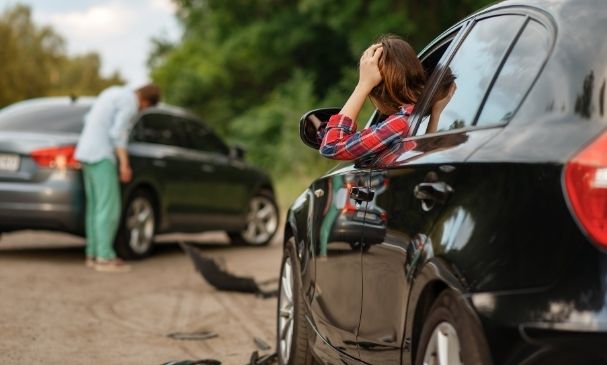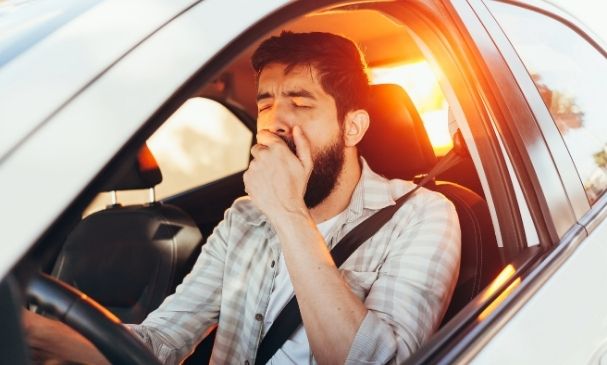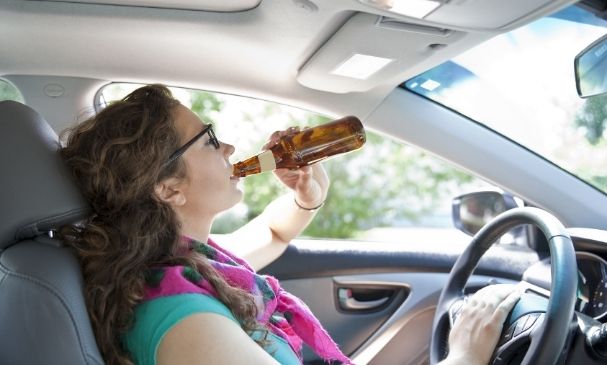The Risks and Consequences of Emotional Driving
There are a lot of things you shouldn’t do in the driver’s seat. You shouldn’t drive while intoxicated. You shouldn’t distract yourself with your phone, food, drinks, or other people in the car. However, there’s an equally dangerous driving behavior that people don’t talk about as much. Driving while emotional puts you, your passengers, and other drivers at risk. Whether you’re angry, sad, scared, or even joyful, intense emotions can distract you and inhibit your ability to react quickly to mishaps on the road. Learn more about the risks and consequences of emotional driving to make sure you stay calm and safe every time you hit the road.











Recent Comments